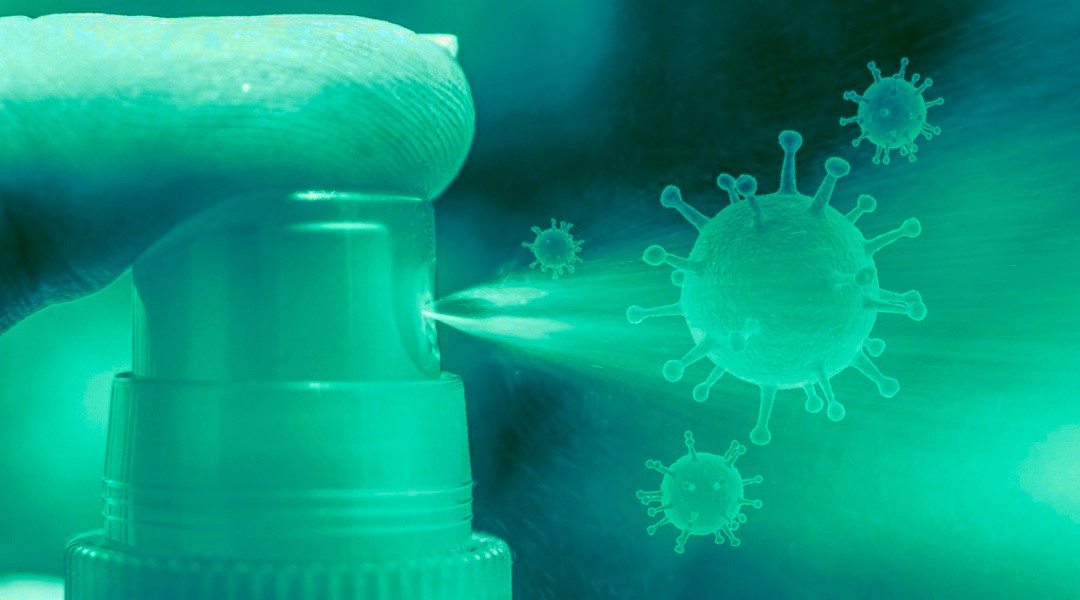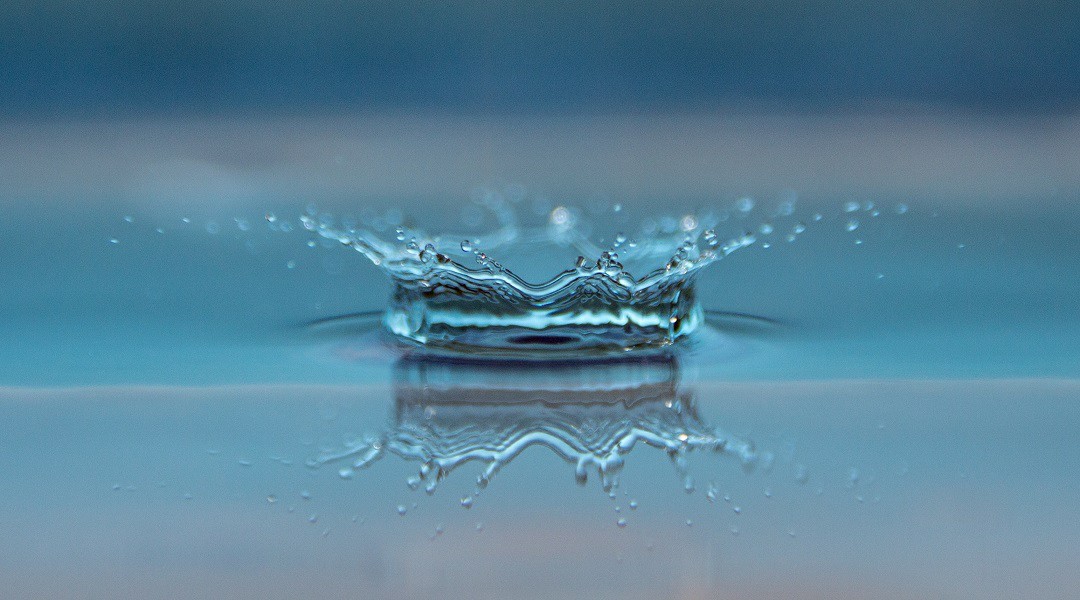Coronavirus Recent News

Face masks don’t affect lungs, virus lives on skin for 9 hrs
The following is a roundup of some of the latest scientific studies on the novel coronavirus and efforts to find treatments and vaccines for COVID-19, the illness caused by the virus.
Lungs are not affected while breathing with face masks
A recent study, publishet at the American Thoracic Society Journals titled
shows that breathing with face masks does not affect the lungs.
The average face mask may be uncomfortable but does not limit the flow of oxygen to the lungs, even in people with severe lung diseases, researchers say. They tested the effect of wearing surgical masks on gas exchange – the process by which the body adds oxygen to the blood while removing carbon dioxide – in 15 healthy physicians and 15 military veterans with severely impaired lungs via a quick paced six-minute walk on a flat, hard surface.
Oxygen and carbon dioxide levels in the blood were measured before and after the walking test. Neither the healthy doctors nor the patients with diseased lungs showed any major changes in gas exchange measurements after the walking test or up to 30 minutes later. Mask discomfort is likely not due to rebreathing of carbon dioxide and decreases in oxygen levels, the researchers reported on Friday in the journal Thorax. Instead, masks may be causing discomfort by irritating sensitive facial nerves, warming inhaled air,
or inducing feelings of claustrophobia. Any such discomfort should not cause safety concerns, researchers said, as that could contribute to reduction of “a practice proven to improve public health.”
Download the article from atsjournals.org
Nine hours is the lifespan of new coronavirus on human skin
The importance of hand hygiene in COVID-19
The 9-h survival of SARS-CoV-2 on human skin may increase the risk of contact transmission in comparison with IAV, thus accelerating the pandemic
The research was Published by Oxford University Press for the Infectious Diseases Society of America.
Left undisturbed, the new coronavirus can survive many hours on human skin, a new study has found. To avoid possibly infecting healthy volunteers, researchers conducted lab experiments using cadaver skin that would otherwise have been used for skin grafts. While influenza A virus survived less than two hours on human skin, the novel coronavirus survived for more than nine hours. Both were completely inactivated within 15 seconds by hand sanitizer containing 80% alcohol. The U.S. Centers for Disease Control and Prevention currently recommends using alcohol-based hand rubs with 60% to 95% alcohol or thoroughly washing hands with soap and water for at least 20 seconds. Studies have shown that COVID-19 transmission largely occurs via aerosols and droplets. Still, the authors of the new study conclude in a report published on Saturday in Clinical Infectious Diseases,
Proper hand hygiene is important to prevent the spread of SARS-CoV-2 infections.
Download the article from Oxford University



